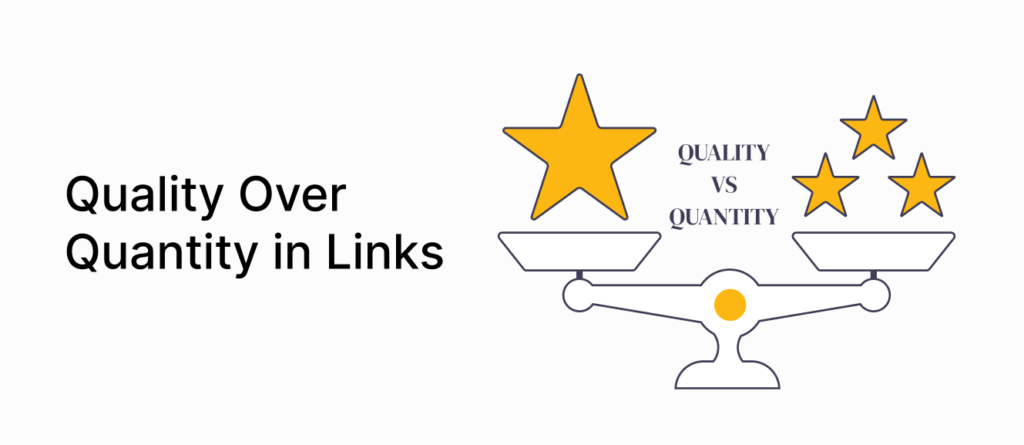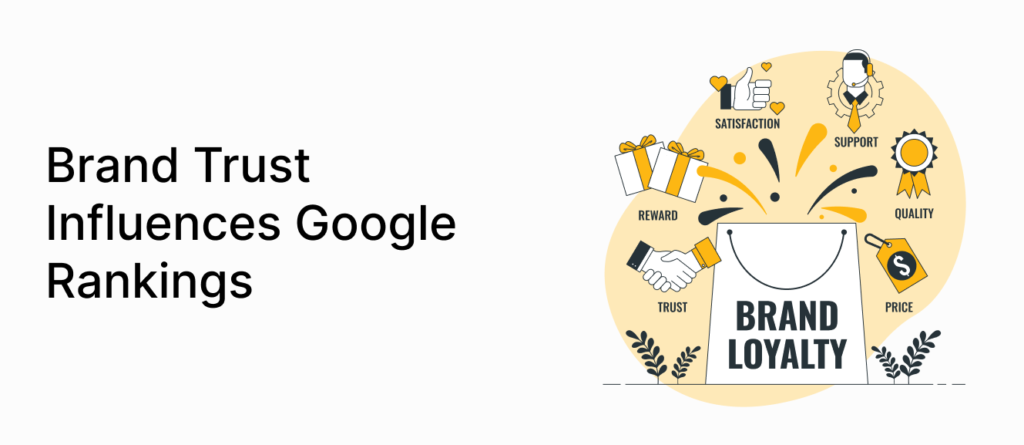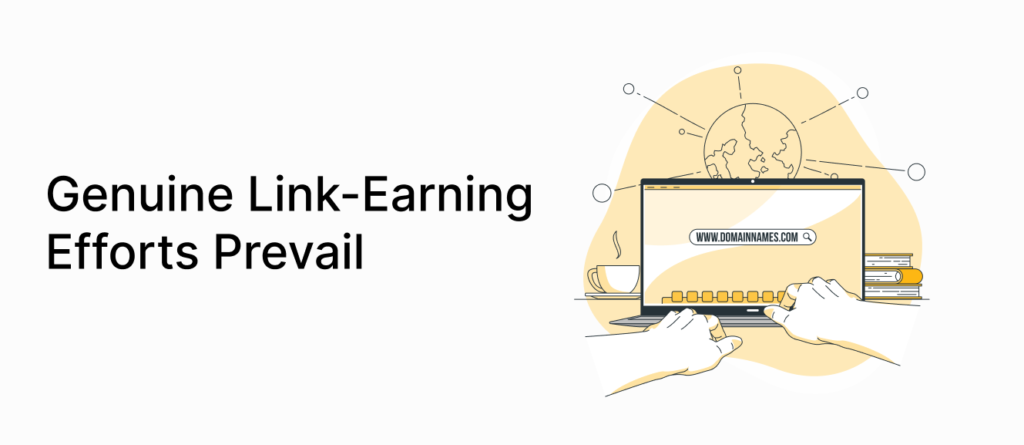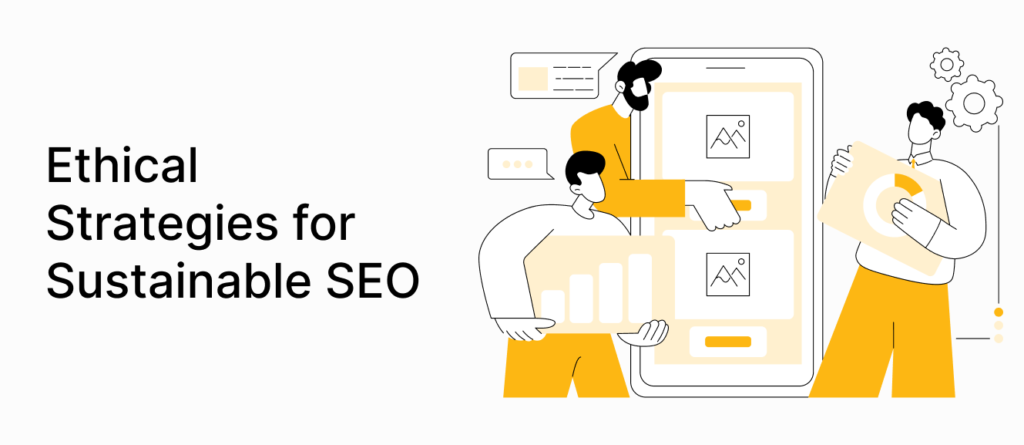Exploring the evolution of link building in SEO, we’ve gathered insights from seven industry experts, including Senior Technical SEO Managers and Managing Directors. They discuss the transformation from the early 2000s, starting with a focus on ‘Quality Over Quantity’ and culminating in ‘Ethical Strategies for Sustainable SEO.’ Dive into the specifics of how link building strategies have fundamentally shifted over the years.
Focus Shifts to Quality Over Quantity

One specific way, I would say, is the aspect of focusing more on quality rather than quantity. Back in the early 2000s, in general, there was a focus on getting as many backlinks from things like article directories, directories, link exchanges, comment links, automated tools, etc.
Now, the focus is more on acquiring links through digital PR and just promoting your content to get links. Now, you’re able to get fewer links, but the links you do get are generally higher quality if you’re doing some promotion and outreach.
Peter Rota, Senior Technical SEO Manager, Peter Rota SEO
Relevancy and Authority Dominate Link Building
The biggest change in SEO in the last two decades was link relevancy. In the 2000s, link building focused more on quantity than quality of links. Create any link from any website (more links rank better). Now, things have changed. If anyone has to rank their website in 2024 and beyond, they will have to focus on:
- Link relevancy (for example, AI-related backlinks for AI-related websites)
- Site authority
- Website traffic and from which country.
Sandeep Gupta, Freelance SEO Consultant, Sandeep Gupta
Brand Trust Influences Google Rankings

In the early 2000s, it was very easy to rank for any keyword. All you had to do was build as many backlinks as you could with your keyword as the anchor text. I used this technique to rank #1 for terms like “SEO services,” “internet marketing,” and many others.
But it all came crashing to a halt around 2011. Since then, what has been most effective is building brand trust with Google in your link-building. You do this by building backlinks to your homepage using your brand name as the anchor text. The more you do this, the more Google will trust you, and the more they will rank your other pages.
Adam White, Founder, Serpple
Quality and Relevance Trump Volume
One specific way link building has changed in SEO from the early 2000s to today is the shift from quantity to quality. In the early 2000s, link building often involved obtaining as many links as possible, regardless of their source. Tactics included using link farms, directory submissions, and spammy blog comments. At that time, Google’s algorithm was not so developed to identify how genuine the backlinks were and the quality of the websites containing those links. These methods focused on sheer volume to manipulate search rankings.
Today, link building emphasizes the quality and relevance of the links rather than their quantity. Modern SEO practices prioritize earning links from high-authority and contextually relevant sites. Techniques like guest blogging on reputable websites and creating valuable content that naturally attracts backlinks are now standard.
Platforms like “Featured” and “Connectively” have made it easier to get links from relevant and high-quality websites. Additionally, Google’s algorithms have become more sophisticated, penalizing spammy or low-quality links and rewarding those that contribute genuinely to user experience and site authority.
Himani Mishra, Managing Director, Brand Radiator
Genuine Link-Earning Efforts Prevail
Link building has drastically changed compared to the 2000s. Back then, spamming search engines with tons of backlinks on low-quality sites, including creating private blog networks (PBNs), was a common practice. The more backlinks you had, the better you ranked, regardless of quality.

Search engines have developed sophisticated mechanisms to detect PBNs, spam links, and irrelevant backlinks. Today, the focus is on quality and genuine link-earning efforts. For local businesses, locally relevant and niche-relevant links and mentions are most valuable. Service businesses benefit most from brand mentions, PR efforts, and mentions in industry publications.
Link building is now tailored to the company’s business type, context, target audience, and industry. Quality matters more than quantity. Low-quality or spammy links are now irrelevant, and search engines simply ignore them. There’s no point in building these types of backlinks.
Sonja Marinkovic, SEO Consultant, Digital Search Hero
Content Marketing Enhances Link Quality
There is one way link-building has changed in SEO from the early 2000s to today: the shift from quantity to quality.
Early 2000s: The primary focus was not on the quality or relevance of the linking site as much as possible. Such strategies included URL submission, reciprocal linking, and mass directory submission.
Today: Nowadays, the quality and relevance of backlinks are more important than their quantity in SEO. Today’s link-building strategies include content marketing, reciprocal linking, and guest blogging on relevant websites to build links.
Srishti Jain, Sr Marketing Executive, Knowledge Excel
Ethical Strategies for Sustainable SEO
One significant change in link building from the early 2000s to today is the emphasis on link quality over quantity.
In the early 2000s, I managed a website for a small business and focused heavily on acquiring as many backlinks as possible. We utilized methods like link farms, directories, and reciprocal linking.

These practices aimed to manipulate search engine algorithms, which primarily counted the number of links to gauge a website’s authority. It worked initially, but the benefits were short-lived. Once search engines evolved, these low-quality links began to hurt our rankings.
Today, the landscape has drastically changed. Search engines like Google prioritize the quality and relevance of links over sheer quantity. In my recent projects, I focus on obtaining backlinks from reputable, authoritative websites within the same or related industries.
One effective strategy has been creating high-quality, shareable content. For instance, an in-depth case study we published attracted links from several industry blogs and news sites. Guest blogging on reputable sites has also proven valuable; it not only builds links but also establishes authority and drives targeted traffic.
Prioritize building relationships with industry influencers and creating valuable content that naturally attracts high-quality backlinks. Avoid outdated, manipulative link-building tactics and focus on sustainable, ethical strategies to improve your SEO.
Will Hawkins, Owner, Digital Business





























